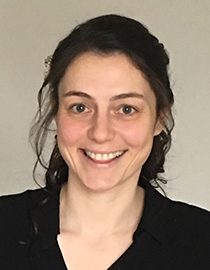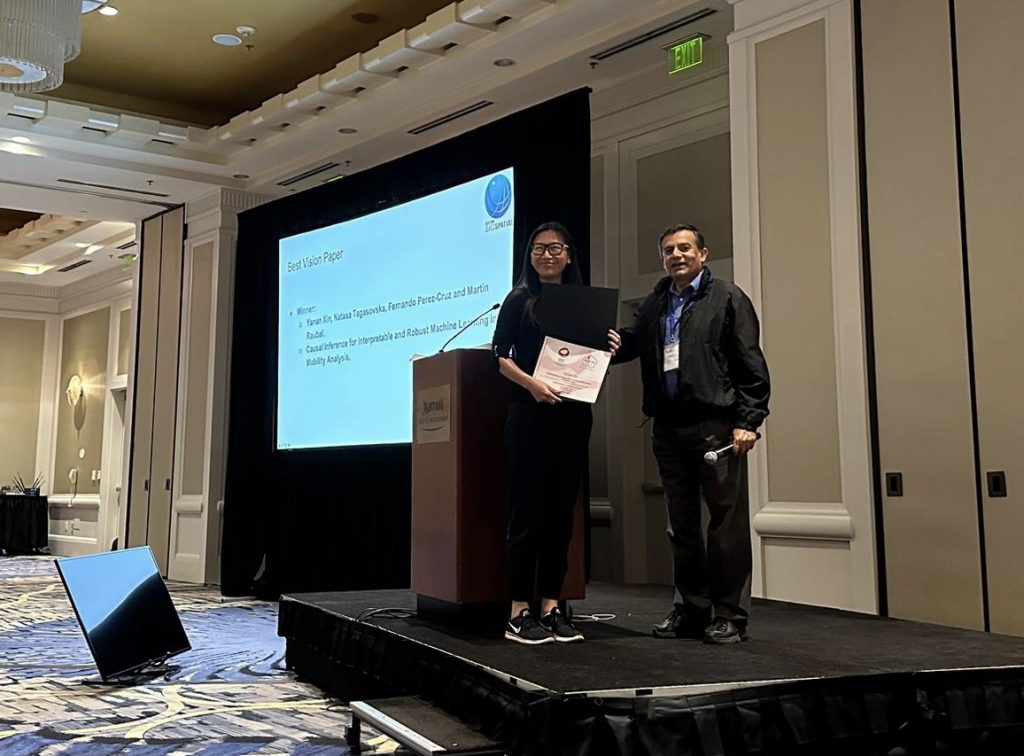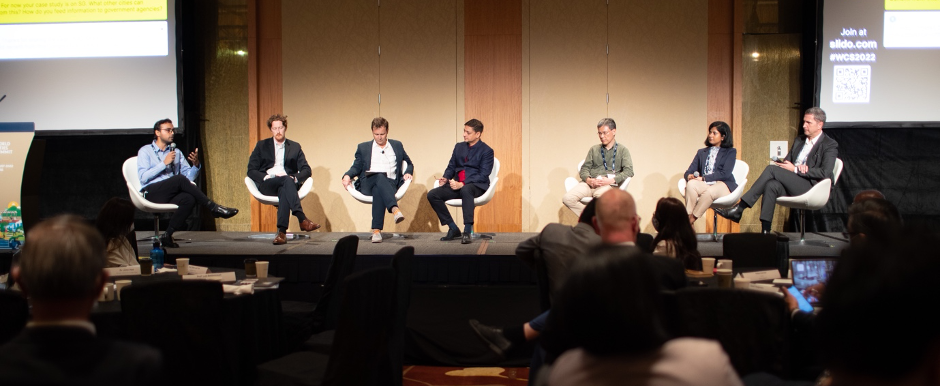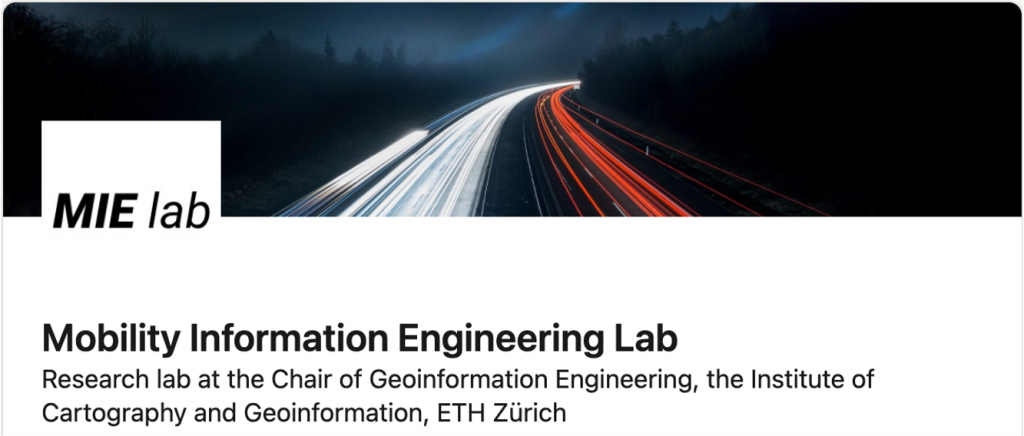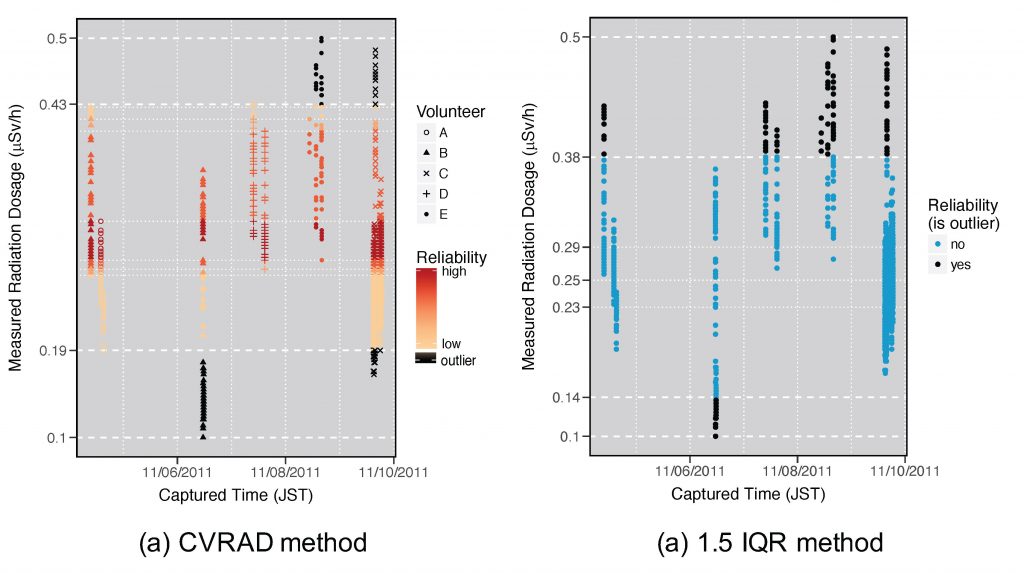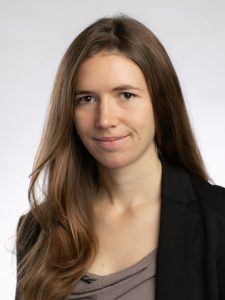Dr. Esra Suel joins our team as a Senior Assistant. She is a Research Fellow (part-time) at the School of Public Health, Imperial College London. Since 2018, she also held a Senior Data Scientist position at the Swiss Data Science Center, ETH Zurich where she collaborated with MIE Lab. She obtained her PhD from the Centre for Transport Studies, Imperial College London. Esra’s current research focuses on using emerging sources of large-scale data (e.g., remote sensing, aerial imagery from drones, street-level imagery, mobile phones, and crowd-sourced data) coupled with advances in deep learning methods, along with traditional (e.g., survey-based) data to advance how we make measurements in urban settings and quantify change, ultimately aiming for advanced data-driven policy and behaviour changes for improving urban life.
